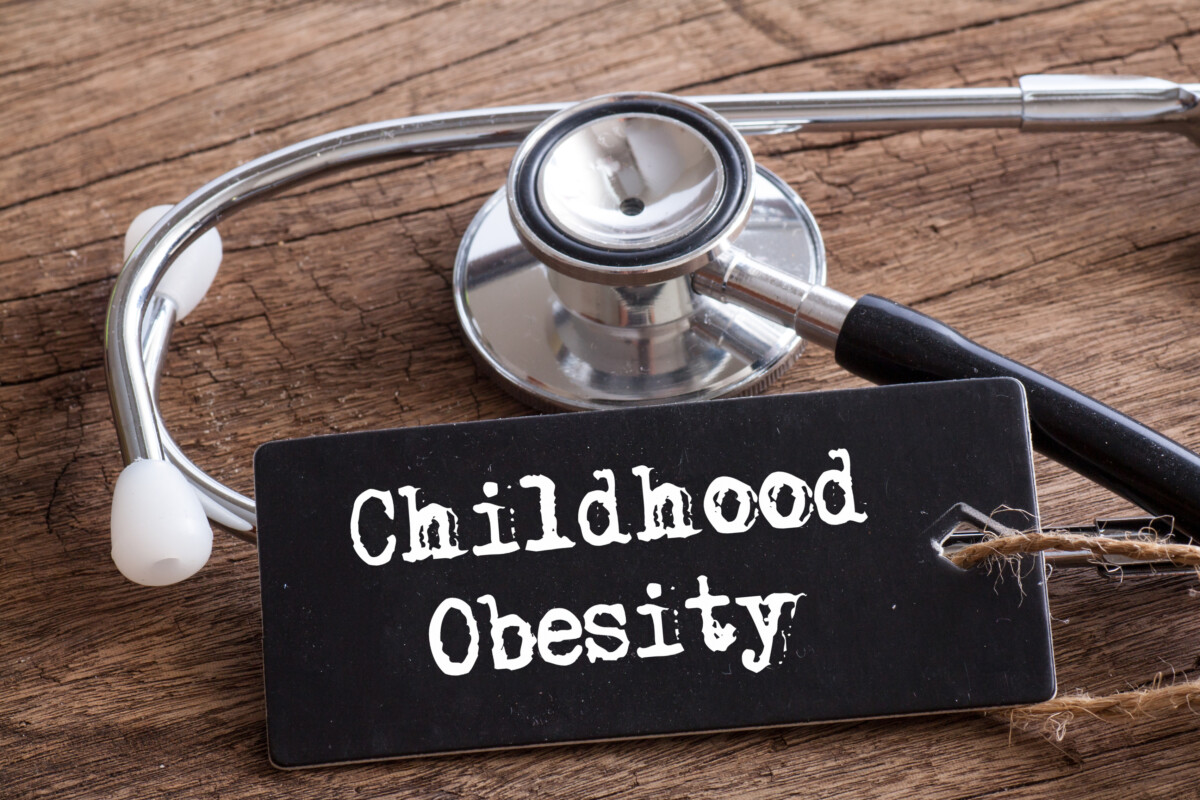Mental Health Key to Managing Child Obesity

With one in five children suffering from obesity, it’s important for parents to know how much weight is too much for teens and children. It’s also important to know when a teen or child is NOT obese. To help with this, the CDC has developed an online Body Mass Index calculator for children and teens. This can be found at https://www.cdc.gov/healthyweight/bmi/calculator.html
Many people are aware of the physical harm of childhood obesity. The mental health effects are equally damaging. Unfortunately, childhood obesity, just like adult obesity, can result from an attempt to “eat the pain”. This can make it difficult to know if mental health issues are the result or the cause of pediatric obesity.
Multiple mental health issues are associated with childhood obesity. These include:
- Depression
- Behavioral issues
- Low Self-esteem
- Being the victim of bullying
While the physical consequences of obesity are too serious to ignore, it’s important to keep these mental health issues in mind when trying to help a teen or child lose weight. It’s essential to help children lose weight in a way that does not make mental health issues worse.
Parents should approach childhood obesity with unconditional love and acceptance, focusing on health rather than appearance. Shaming and punishments should always be avoided. Eating healthy and being physically active should be a family affair, not something that is imposed on one particular child. This will have the added benefit of helping all family members form healthy habits.
RMH Pediatrics: 765-932-7000
